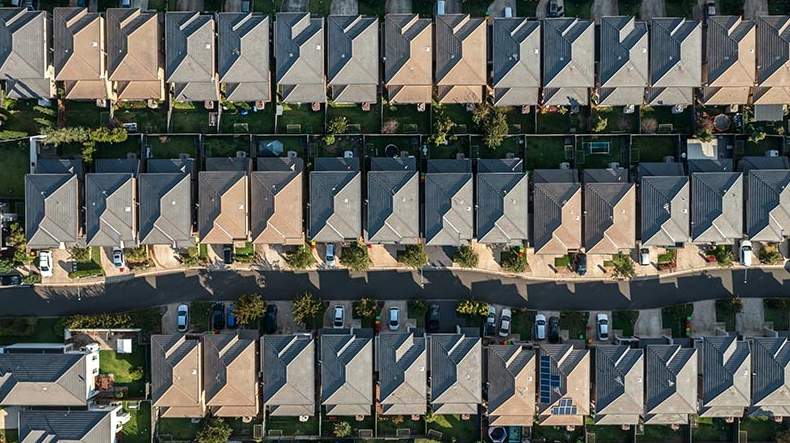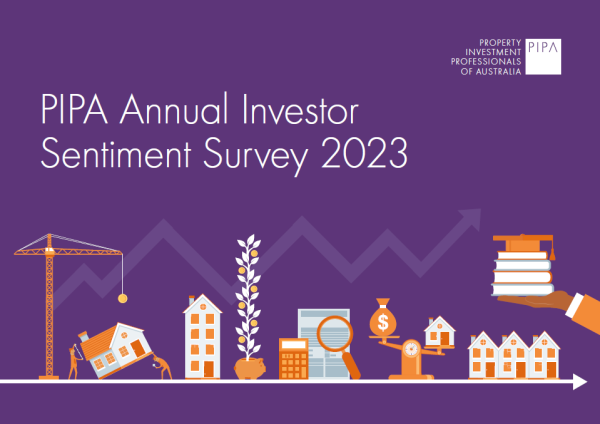How fiddling with negative gearing could cost Australia billions
Feb 2024Karen Millers
Categories
Location ReportsMedia releasesNational market updatesPersonal advisersPIPA AdviserPIPA Annual Investor Sentiment SurveysPIPA Member ProfilesPIPA video updatesPIPA webinarsPodcastsProperty advisersProperty newsLatest Articles
Which property cycle are we in?
Rent rises ease but crisis’ link to population density found to be tenuous
Jordan van den Berg: The ‘Robin Hood’ TikToker taking on Australian landlords
Victorian property investors face yet another new property tax as council tests levy
Fiddling with negative gearing and capital gains tax (CGT) discounts could cost Australia up to $58 billion over a decade and send the overstretched rental market spiralling further, according to new research by the Property Investment Professionals of Australia.
Negative gearing and CGT changes: A costly proposition
The modelling demonstrated that Labor’s earlier policy of restricting negative gearing to new homes and slashing CGT would have dire consequences if implemented again.
Along with causing an investor exodus in the property market, it would leave the federal budget significantly poorer, losing funding provided by CGT. To illustrate, the Australian Tax Office (ATO) reported $26.4 billion in individual real estate capital gains in the 2020 to 2021 financial year.
PIPA board member and property economics academic, Peter Koulizos, said his research found that negative gearing was not as advantageous as alleged by the Government.
“Investors already pay more than six times in capital gains tax than what they receive in negative gearing benefits over a 10-year period, so the government is well ahead financially as it is,” he said.
Dissecting the numbers
To illustrate, while an investor buying a $925,000 property today would receive $20,425 negative gearing benefits over 10 years, they would have to fork out $116,336 in CGT when selling the property, equating to a net gain of $95,921 for the Government.
Additionally, the research found that the changes could cause the Government to lose anywhere between $19.3 billion and $58 billion over a decade.
With fewer investment properties available due to a predicted investor exit, rents would surge, and first-home buyers could be priced out of the market.
Specifically, the modelling revealed:
- an investment activity decline of 15% would translate to 499,000 fewer rentals and a $58 billion hit to CGT revenue over 10 years
- an investment activity decline of 10% would see 333,000 fewer rentals, and a $38 billion loss in CGT revenue over 10 years
- an investment activity decline of 5% would result in 166,600 fewer rentals and a $19.3 deficit in CGT revenue over 10 years.
Importantly, PIPA argued that the modelling did not represent the worst outcome; according to the 2023 PIPA Investor Sentiment Survey, 38% of respondents said they were considering selling their properties in the following year because recent tax and tenancy legislation made investing untenable.
“If Anthony Albanese suddenly adopts a draconian policy like the one Labor took to two elections, I have no doubt property investors will be seriously discouraged from buying property,” said PIPA chair, Nicola McDougall.
“When it last proposed these drastic measures, Labor claimed it would incentivise landlords to buy new homes, stimulating supply, but our research shows 93% of investors buy established dwellings.
”The biggest obstacles to homeownership
McDougall dismissed the argument that first-home buyer activity would increase following a decrease in real estate investing, pointing out that the biggest hurdle to homeownership was the ability to save for a deposit and stamp duty.
“The ability to save a property deposit won’t improve by attacking investors,” she said.
“In fact, those hoping to buy their first home will have even less money to save if their rents suddenly skyrocket because of a mass exodus of landlords.”
“Saving a deposit for your first property has always been difficult and has been made even more so by soaring interest rates and the tendency for government benefits to focus on new dwellings.”
Nicola McDougall, PIPA
“That’s despite the data showing more than 80% of first-time buyers choose established dwellings because that’s what they can afford,” McDougall added.
Koulizos warned that the revenue reduction would likely grow after the 10-year period, because less investors would be paying tax on positively geared properties and CGT on the robust equity growth typically occurring after owning an established property for 10 to 20 years.
“Making changes to negative gearing and capital gains tax provisions in the midst of a housing crisis isn’t smart and Anthony Albanese should carefully consider his next move. It won’t just be renters who pay dearly – but the budget’s bottom line,” he said.
Originally Published: Thierry Ng | The Property Tribune | 21 February 2024
“Licensed by Copyright Agency. You must not copy this work without permission.”




